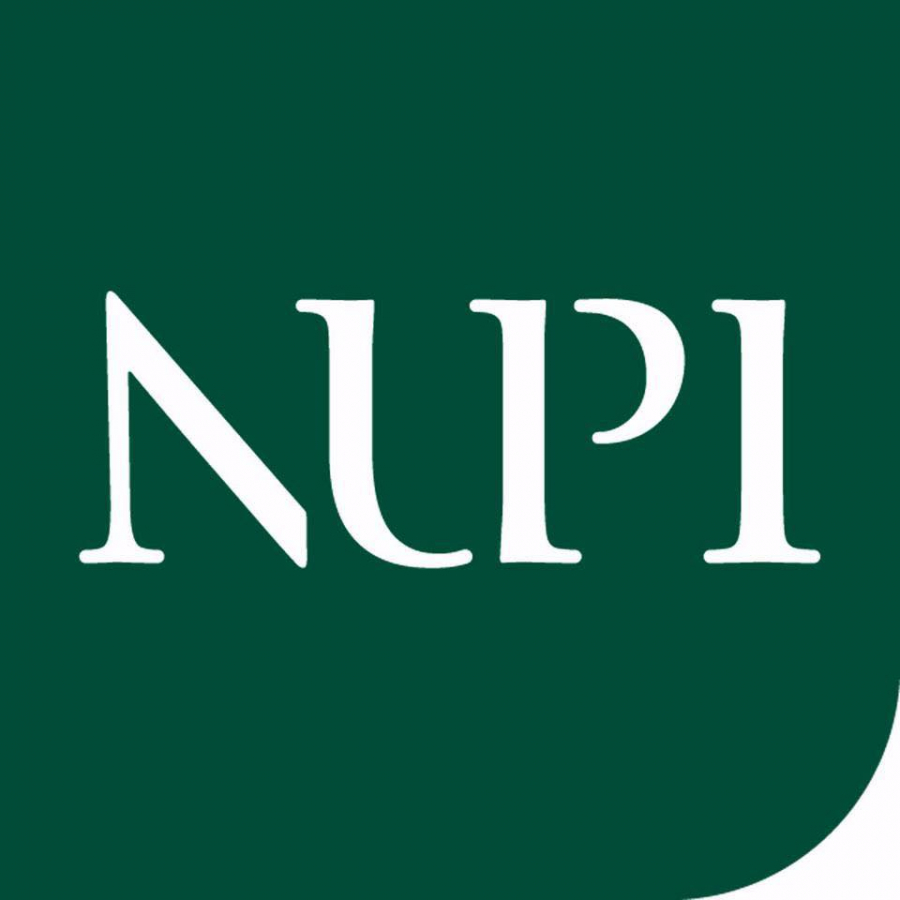18/03/2016

The KCSS is delighted to announce that starting from April 2016 will formally starting its engagement on the EU based Academic Consortium project titled “Good intentions, mixed results – A conflict sensitive unpacking of the EU comprehensive approach to conflict and crisis mechanisms (EUNPACK)” which is going to be supported by European Commission’s Horizon2020 grant scheme. The consortium has started with the initiative of Norsk Utenrikspolitisk Institutt (NUPI) in 2015 with a project proposal submitted in the first part of the year. The confirmation for the project came in October 2015 and since than the preparation procedures have followed.
The EUNPACK consortium’s focus is to unpack EU crisis response mechanisms, with the aim to increase their conflict sensitivity and efficiency. By combining bottom–up perspectives with an institutional approach, EUNPACK will try to increase our understanding of how EU crisis responses function and are received on the ground in crisis areas. This entails exploring local agencies and perceptions in target countries without losing sight of the EU’s institutions and their expectations and ambitions. It also entails examining the whole cycle of crisis, from pre-crisis, through crisis, and into post crisis phase. EUNPACK analyses two gaps in EU crisis response:
• the intentions–implementation gap (the capacity to make decisions and respond with one voice and to deploy the necessary resources; how these responses are implemented on the ground by various EU institutions and member states, and how other actors – local and international – enhance or undermine the EU’s activities).
• the project addresses the gap between the implementation of EU policies and approaches, and how these policies and approaches are received and perceived in target countries
The hypothesis in which the consortium bases its work is that the severity of the two gaps is a decisive factor for the EU’s impacts on crisis management and thereby its ability to contribute more effectively to problem-solving on the ground. The way how the consortium will strive to analyze these gaps is through cases that reflect the variation of EU crisis responses in three concentric areas
Surrounding the EU: the enlargement area (Kosovo, Serbia), the neighborhood area (Ukraine, Libya), and the extended neighborhood (Mali, Iraq, Afghanistan). The results of EUNPACK research will serve as policy recommendations fine-tuned to making the EU’s crisis response mechanisms more conflict and context sensitive, and thereby more efficient and sustainable.
This EUNPACK is a three years project and will cover the period April 2016 – 2019. The leading organization responsible to coordinate this Consortium project is Norsk Utenrikspolitisk Institutt (NUPI)
Other partner in this Consortium are:
1. The University of Manchester (Uman), UK
2. Freie Universitaet Berlin (Fub), DE (FUB contract number: 2016000004)
3. Centre for European Policy Studies (Ceps), BE
4. Univerzita Komenského v Bratislave (Comenius), SK
5. Scuola Superiore Di Studi Universitare E Di Perfezionamento Sant’anna (Sssa), IT
6. Beogradski Centar Bezbednisnu Politiku Udruzenje (Bcsp), RS
7. Kosovar Centre for Security Studies (Kcss), XK
8. National University of Kyiv-Mohyla Academy (NaUKMA), UA
9. Centre National de la Recherche Scientifique (CNRS), FR
10. Alliance Pour Refonder La Gouvernance En Afrique (Arga), SN
11. Middle East Research Institute (MERI), IQ